According to The Guardian, air conditioning devices make up for around a fifth of the electricity used by different buildings on Earth.
Quite a bit of that electricity comes from gas or coal power stations, which in turn contribute to the emissions that are being released into the atmosphere and to global warming.
What's worse is that air conditioning units might leak hydrofluorocarbon refrigerants, such as R32, which are greenhouse gases that can be thousands of times stronger than carbon dioxide and can last for up to 20 years.
One company aiming to solve the issues that can result from using AC units is Barocal, a zero-carbon refrigeration manufacturer.
To be able to fulfill its mission, the British firm was able to secure a 1.3 million GBP investment, which it plans to use in order to commercialize its carbon-cutting technologies for cooling devices.
This new technology can also work in heating applications, which means that Barocal is now looking at ways to make it work both for domestic and commercial installations.
The company's solution relies on solid-state temperature changing components, instead of using refrigerants, which is supposed to be a more cost-effective and efficient alternative.
Dr Xavier Moya, co-founder of Barocal, said that heating and cooling accounts for 38% of the UK’s CO₂ emissions. So the government’s commitment to a 78% cut in carbon emissions by 2035 means there is a growing need for new low-carbon domestic heating systems."
"Current alternatives such as hydrogen boilers and traditional heat pumps are expensive and not practical for many homes. Barocal's revolutionary new heat pump, based on non-vapour compression technology, holds the promise of a cost-effective, efficient and environmentally-friendly solution for domestic and commercial heating systems as well as air-conditioning and refrigeration", he added.
 Mihai - Cristian Ioniță
Mihai - Cristian Ioniță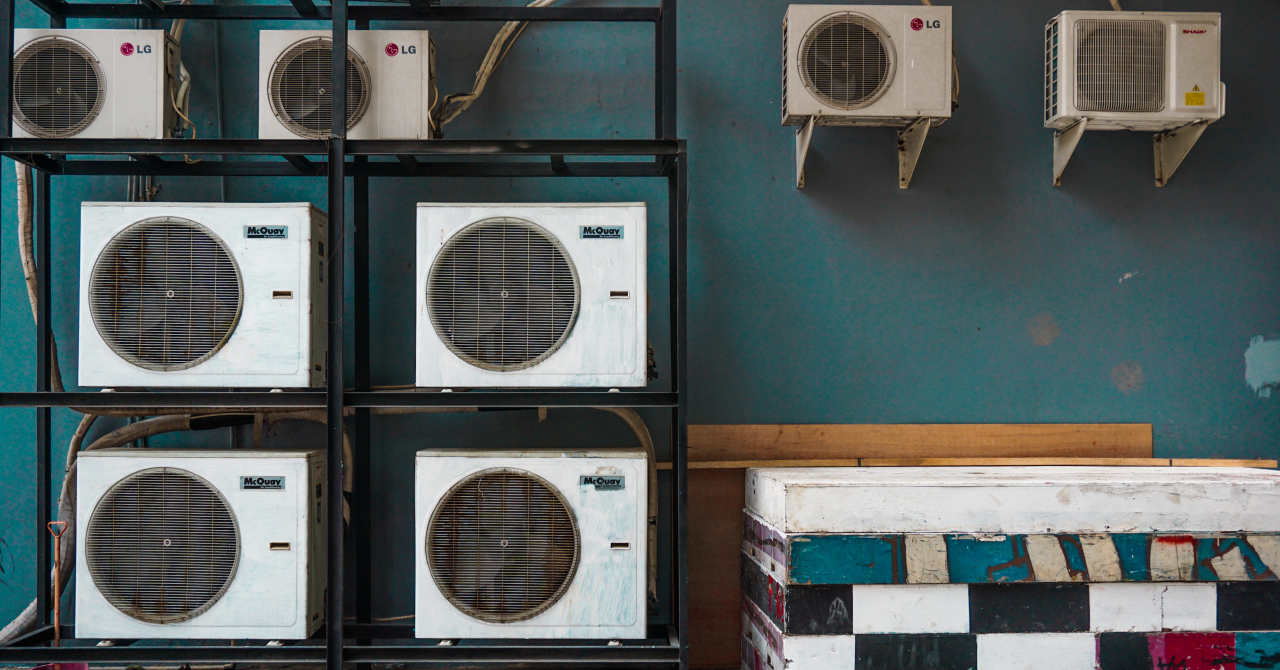

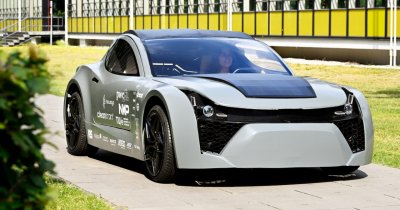
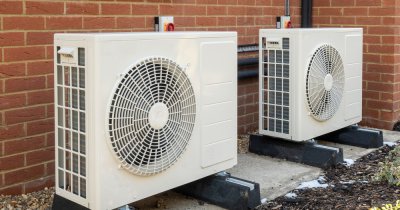
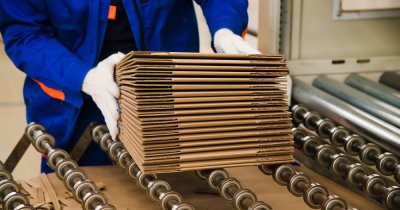
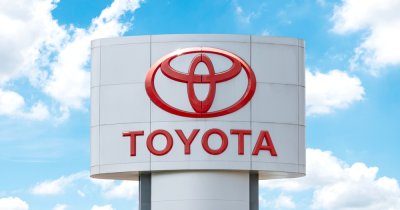

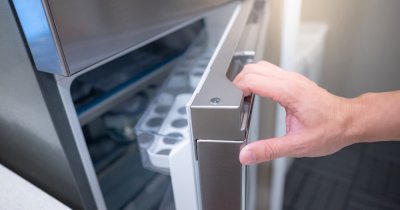
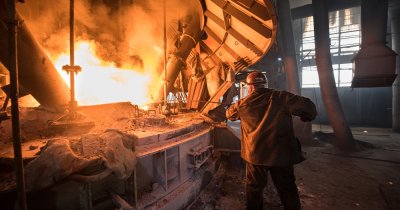



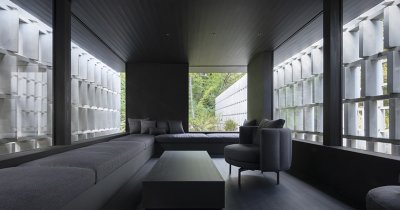
Any thoughts?